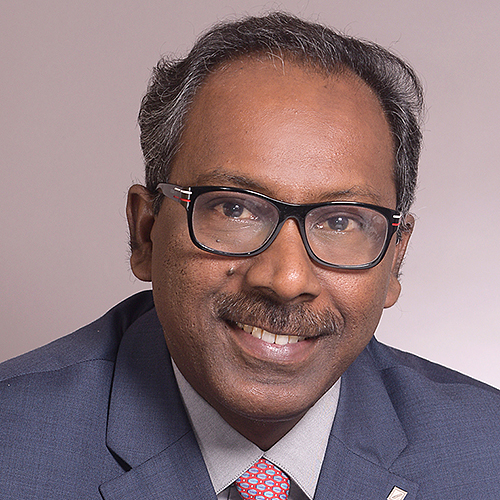Having faced the wrath of financial regulators across the globe due to their association with cybercrime and volatility, cryptocurrencies such as Bitcoin and Ethereum are now at a turning point.
Sought after for being decentralized and upholding transactional privacy, these assets have seen a rapid fluctuation in value, reaching an estimated total market capitalization value of US$830 billion in January 2018 according to the Financial Stability Board and infamously crashing to US$200 billion in the later part of 2018.
While blockchain/distributed ledger technology, the underlying system powering cryptocurrencies has captured the imagination of the financial services community in regards to financial trust; cryptocurrencies were regulated to the outer fringes of the market, a black box that no one was interested to learn about. Now in Asia, influential financial regulators are refining their approach when it comes to virtual and tokenized assets such as cryptocurrencies adhering to the growing demand of the asset. Statista for instance estimates that there are 25 million cryptocurrency wallet users globally.
In Hong Kong, the Securities and Futures Commission (SFC) recently announced that it would set rules on the handling of virtual assets. One proposed rule would require licenses for firms active in investing in virtual assets.
“The measures announced today allow us to regulate the management or distribution of virtual asset funds in one way or another so that investors’ interests would be protected either at the fund management level, at the distribution level, or both,” states SFC CEO Ashley Alder. “We hope to encourage the responsible use of new technologies and also provide investors with more choices and better outcomes.”
Several weeks later the Monetary Authority of Singapore (MAS) and Singapore Exchange (SGX) followed suit, working on a solution that would allow the settlement of tokenized assets across different blockchain platforms.
“The concept of asset tokenization, as well as other learnings gleaned from this project, can potentially be applied to a broad spectrum of the economy,” says Sopnendu Mohanty, chief fintech officer at the MAS.
Despite recent strides in bringing cryptocurrency into mainstream realm of financial services there are still challenges you need to be addressed. For example new issuances of cryptocurrencies in the form of initial coin offerings (ICOs) have faced a number of fraud cases, the most recent being in Vietnam when local company Modern Tech Jsc was accused of scamming US$660 million from investors buying its Pincoin cryptocurrency. Large markets such as China and India in fact have even banned ICOs from their respective markets.
Key to solving this issue is the further engagement of market infrastructure players such as Clearstream, Euroclear and Swift. in creating a secure environment for future ICOs.
“While market infrastructures cannot eliminate fraudulent ICOs or even vouch for the fact that an ICO is legitimate, they have an obvious role to play in a regulated ICO market. This is to adapt their “notary function” to obviate the “double issuance” risk in ICOs by matching the number of tokens in issue with the number of tokens held in the accounts on the distributed ledger,” states the International Securities Services Association’s (ISSA) whitepaper titled Infrastructure for Crypto-Assets.
Another area of contention for the cryptocurrency market is inter-operability. As it stands right now there are a number of distributed crypto networks, which are not connected to each other resulting in difficulties in trading crypto-assets. This is a problem if a user wishes to use their virtual currency for payments or convert it into a fiat currency. Moreover, institutional investors looking to invest in crypto-assets need to have their custodian banking partners ready to interface with these networks.
State Street, the world’s second largest custody bank, said this year that it’s considering safeguarding clients’ digital assets but emphasizes that progress still needs to be solved regarding regulation, security and governance.





.jpg)
.jpg)


